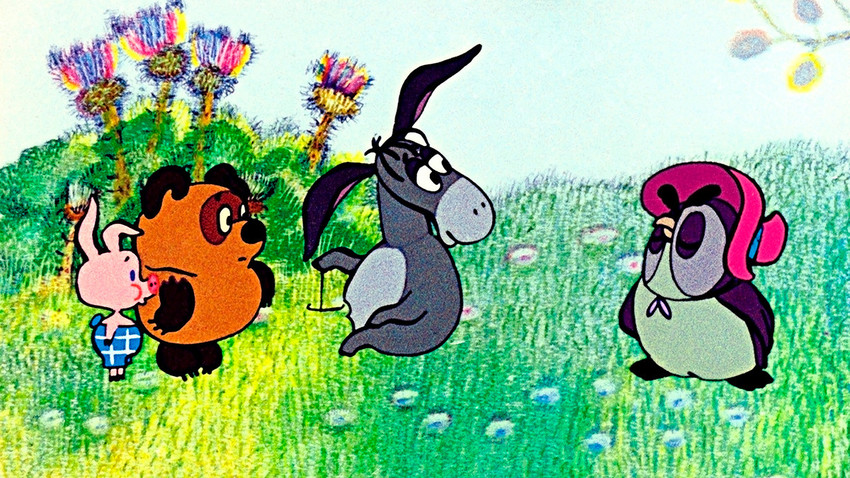
“It’s pointless…” said the dean of Soviet children’s literature, Korney Chukovsky, speaking to his friend, Boris Zakhoder, when he heard about plans to translate into Russian A.A. Milne’s book about the adventures of Winnie the Pooh. It was the 1950s, and Russia was just emerging from the Stalinist period, but the venerable Chukovsky could not be more wrong. Zakhoder’s translation, or “retelling,” as he liked to put it, turned out to be a tremendous success.
Zakhoder created the Russian (Soviet) version of the famous character that became immensely popular in the USSR, especially after drawing a few cartoons of Vinni Pukh, which was his Russian name. Even in the West, the Soviet cartoons are perceived by some as more aesthetically appealing than the classic Disney ones.
In the Soviet Union, everybody knows the phrases uttered by Zakhoder’s Pukh: “The one who pays a visit in the morning does a wise thing”; “Until Friday I am absolutely free!”; or “Owl, open the door! The bear has come." One might be surprised how often these phrases can be heard in a different context throughout the former Soviet countries. Vinni Pukh is also the main hero in many jokes.
Winnie the Pooh is a charming character, but Zakhoder somehow managed to make him even more charming. The Russian author didn’t literally translate Milne’s
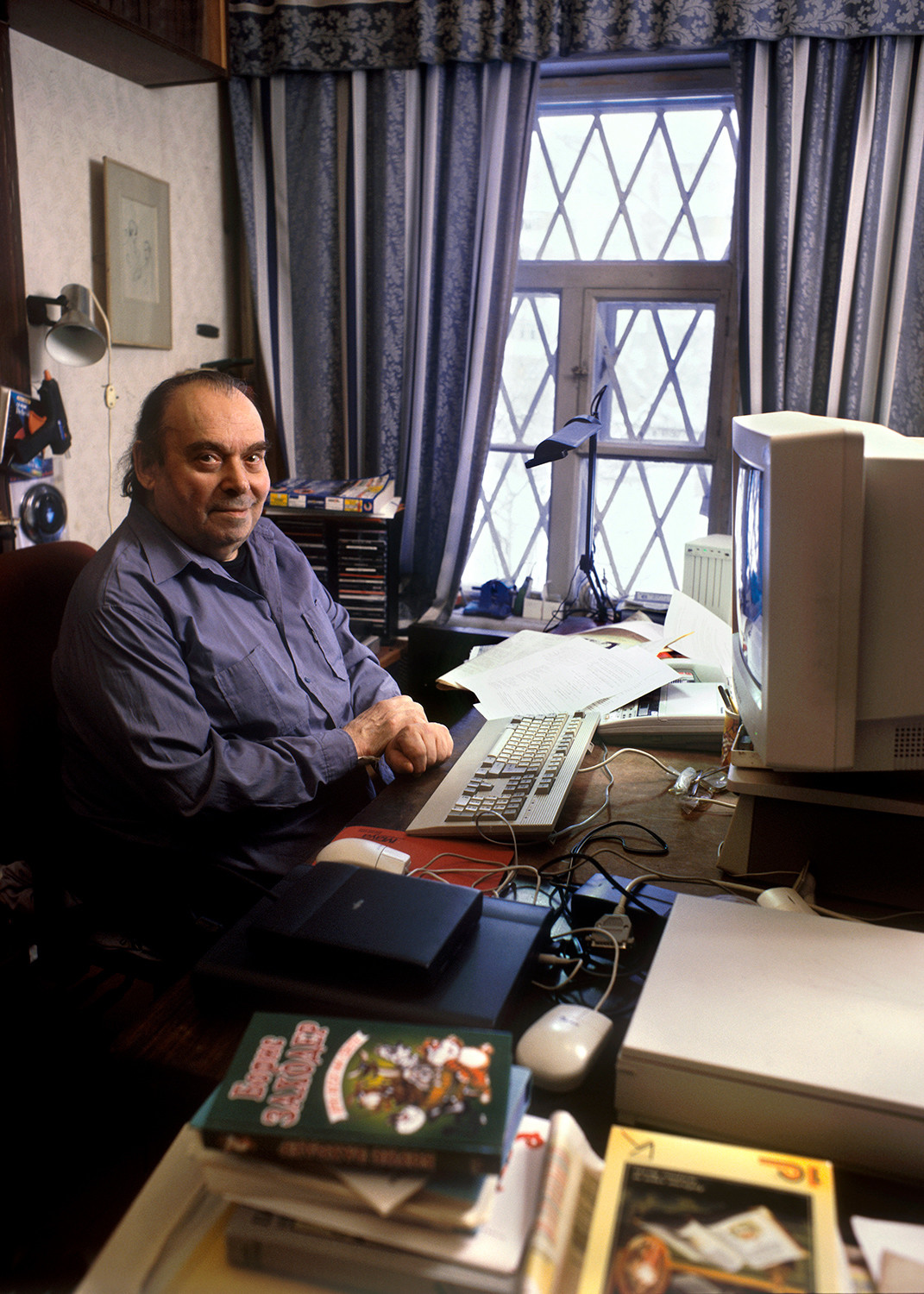
Zakhoder wanted to give children "a lot of sun, calmness, and love"
Lev Sherstennikov/Russian Look/Legion MediaHe explained his approach: “There’s only one way that allows translating the untranslatable – it’s to write it anew, to write in the way the author would write in the language of the translation, this time – in Russian. I aspired to embody the enchantment of the book, its atmosphere. It seemed to me… that the children in our country desperately needed this atmosphere of a normal children’s room where there are only a few toys, nothing fancy, but a lot of sun, calmness
Zakhoder also retold the story of Mary Poppins to Soviet readers. They say that the author, Pamela Travers, was not excited with the way he did it because Zakhoder cut out some chapters. The Soviet people, however, appreciated what he did, as well as the movie that was released in the early 1980s with a popular soundtrack
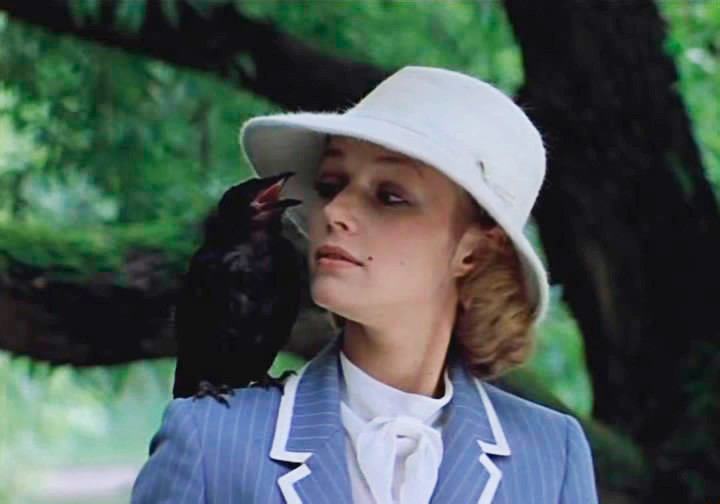
Zakhoder also retold the story of Mary Poppins to Soviet readers
Leonid Kvinikhidze/MosfilmWhile the author’s poems and children’s stories achieved incredible popularity, he had to live through some tough times. Twice he volunteered to fight on the front lines: first, during the Soviet-Finnish War in 1940; and then in 1941 when Hitler attacked the USSR. He was demobilized only in 1946
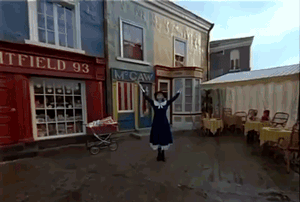
The Soviet people admired the movie about Mary Poppins that was released in 1983
Leonid Kvinikhidze/MosfilmEverything changed in the mid-1950s during the post-Stalin thaw. Publishers liked Zakhoder’s poems, as did Soviet readers. After Vinni Pukh's success, Zakhoder was ranked among the most acclaimed Soviet children’s authors
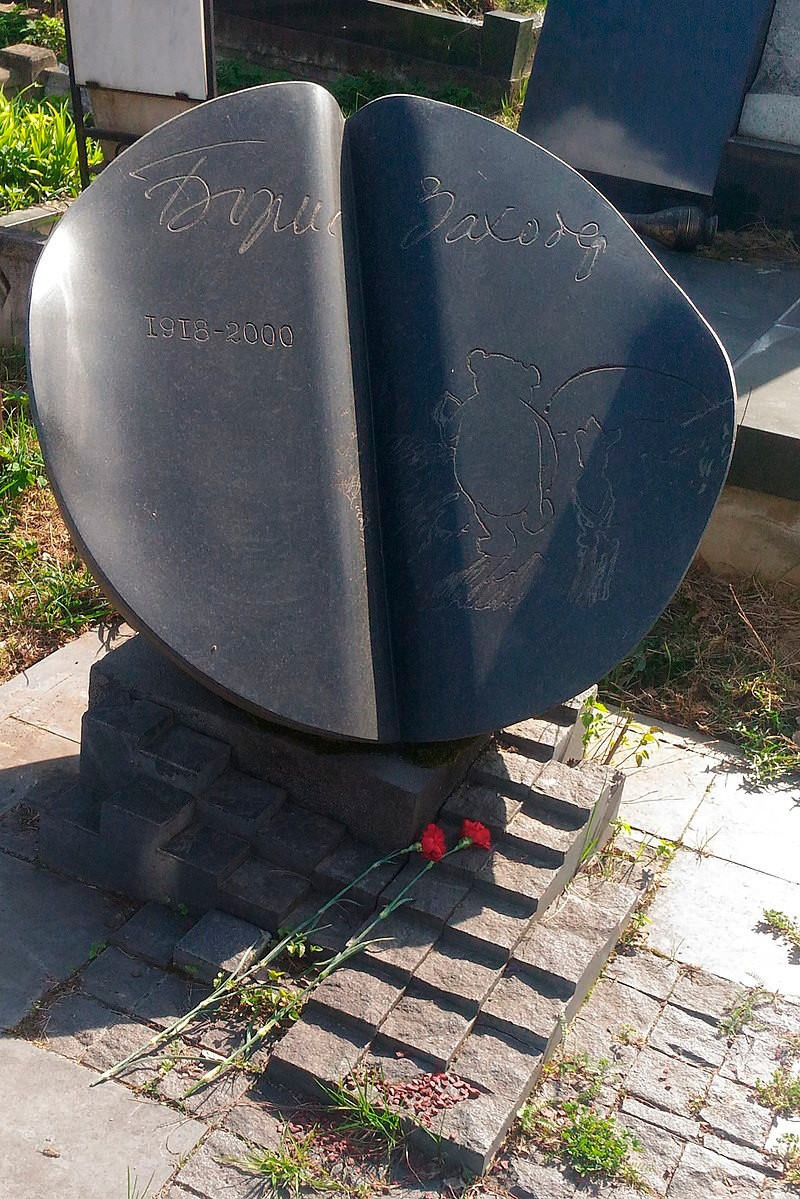
Zakhoder also wrote poems intended for adults, and translated Goethe, but these works were published only close to the end of his life
KisavinovHere you can read how the Soviet Winnie the Pooh and Mowgli compare to their American counterparts
If using any of Russia Beyond's content, partly or in full, always provide an active hyperlink to the original material.
Subscribe
to our newsletter!
Get the week's best stories straight to your inbox